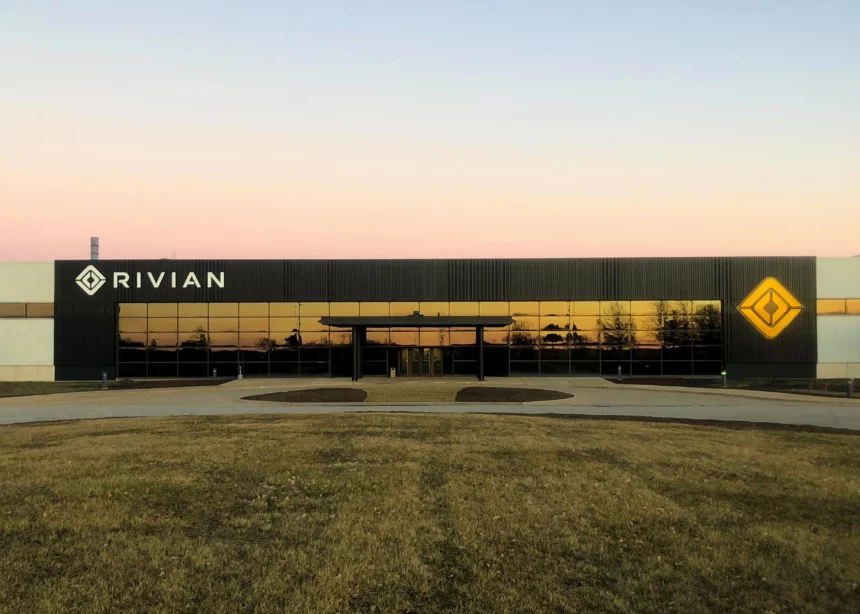Just three months after the firms partnered to produce electric vans in Europe, Rivian Automotive announced on Monday that it is halting its joint venture with Mercedes-Benz Vans.
The manufacturer of electric vehicles stated that in order to turn its U.S. operations into cash flow positive, it will concentrate on its consumer and current commercial business.
“We’ve decided to pause discussions with Mercedes-Benz Vans regarding the Memorandum of Understanding we signed earlier this year for joint production of electric vans in Europe, according to Rivian CEO RJ Scaringe, who also noted that the company was aiming for “the best risk-adjusted returns” on its capital spending.
“At this point in time, we believe focusing on our consumer business, as well as our existing commercial business, represent the most attractive near-term opportunities to maximize value for Rivian,” he exclaimed.
Rivian is one of many startups attempting to capitalise on the desire for electric commercial vehicles while facing competition from reputable automakers like Ford (F.N) and General Motors and As part of a 50-50 joint venture, Mercedes-Benz Vans and Rivian entered into an agreement in September to start producing electric vans in a factory in Poland, Hungary, or Romania over the next few years.
Mercedes-Benz claimed that Rivian’s choice would have no bearing on the electrification strategy’s timetable or the anticipated start-up of its brand-new electric vehicle production plant in Jawor, Poland.
The leader of Mercedes-Benz Vans, Mathias Geisen, stated that ”exploring future strategic opportunities with the team at Rivian remains an option.”
The announcement on Monday comes at a time when the European Union has expressed alarm on the Inflation Reduction Act of the United States, which President Joe Biden passed into law in August.
The IRA, which might pose significant competition to European automakers in the future, includes a tax incentive for electric vehicles that have their final assembly in North America.
The EU, a significant political and economic group made up of 27 nations, intends to gradually stop selling new diesel and gasoline vehicles and vans.
Rivian
For the purpose of assisting the transition of our world to carbon-neutral energy and transportation, Rivian was founded. Rivian creates, develops, and produces electric vehicles and accessories that are market leaders in their respective categories, and it distributes them directly to consumers and businesses. Rivian enhances its vehicles with a comprehensive array of in-house, value-added services that cover the whole vehicle lifecycle and strengthen client bonds.












